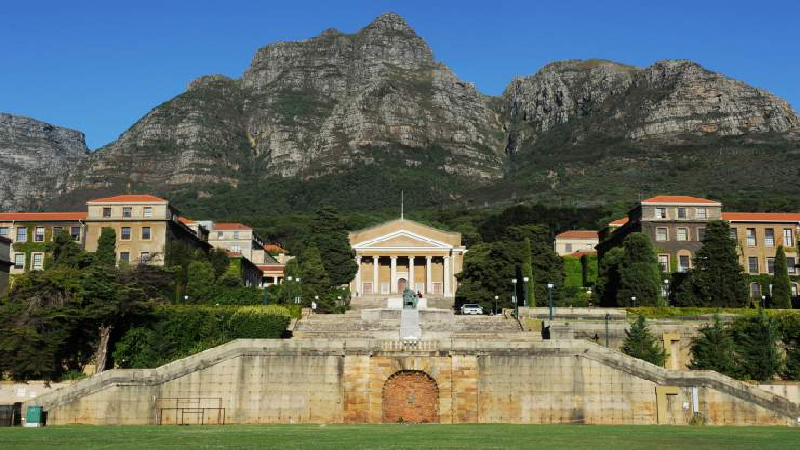Eleven of the skeletal remains housed at the University of Cape Town don’t belong there because they were unethically obtained.
They’d been serving budding medical students and scientists at UCT for decades.
The university has revealed the findings of the most comprehensive restitution project ever undertaken in the world.
The near 100-year-old remains will receive a final resting spot.
Through DNA analysis, archaeological research and face-mapping technology, it was discovered where nine of 11 of the remains came from.
The skeletal remains of Klaas Stuurman, two individuals known only as Jannetje and Saartje, as well as six other Khoe and San individuals, were dug up in Sutherland by a UCT medical student in the 1920s.
The remains were then given to the university to be used for teaching and research purposes.
Carel Coetzee had told UCT the people had been labourers on his father’s farm.
The study managed to trace the descendants of two of them.
“It makes me angry…to disturb my ancestors, I was very angry, but now I have peace in all this,” said Alfred Stuurman.
The family has now given permission for further research, hoping it will shed light on the history and culture of the Khoe and San people.
UCT’s admitting it was essentially complicit in race science.






 WhatsApp us
WhatsApp us 

